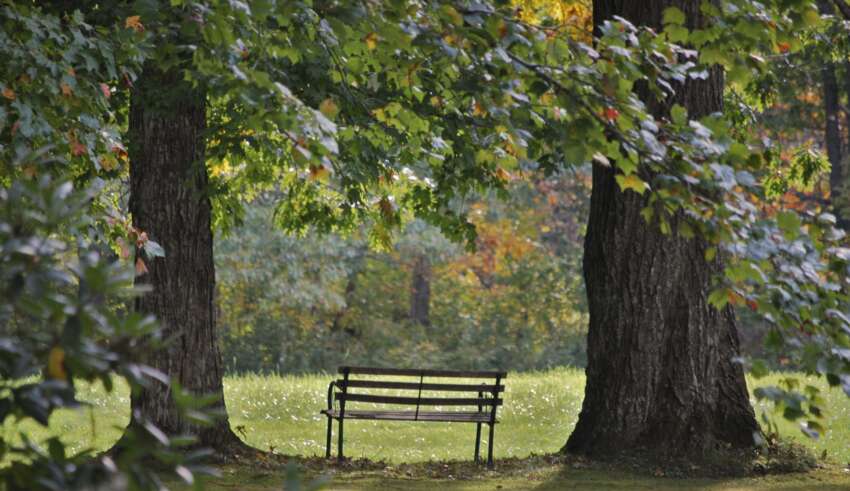
The twice-born change can also come from a new status in my relationship with the other person. As in the case of Gay Teurman, my friend might have been a student at my school who had graduated. Instead of being their dissertation chair, I am now a co-author. Instead of relating to a faculty member, I am now relating to a fellow administrator. I have recently been working with members of a state supreme court. They talk about the major change that occurs when a lawyer has been appointed to a judicial position (as a judge). Their old friendships with fellow lawyers either has to be terminated (to avoid conflict of interest) or has to be drastically curtailed or constrained. When talking to judges participating in this project, I was told repeatedly that this profound shift in friendships is very painful.
There is the third, most obvious, way in which friendships go through twice-born transitions. A very important and time-consuming project comes to an end. There may be a termination event (such as an end-of-project party), but then there is loss and a sense of “death.” Our “child” has left home or is no longer alive. To the extent that our own personal identity has been invested in this project and to the extent that our project-related friends help us establish and maintain this project-related identity, then the sense of “death” might be even greater – for we must bid farewell to our “old” self and must create a new one either by embracing a new project or finding some other way in which to establish an identity (that might not be as transitory). And what happens when a whole cluster of projects come to an end at the same time. This what occurs when we retire from an organization or close out volunteer work in our community. Multiple deaths are often associated with retirement and we should not be surprised that many people do not look forward to their retirement or fall into a state of depression soon after they retire.
History and Friendships
In writing about enduring, intimate relationships (Bergquist, 2023), I mentioned an often-overlooked benefit of living with someone for many years. We have a shared history with them and they have witnessed us change (and remain the same) over a lifetime and often in many different settings. If we get a divorce, then there is no longer someone with whom we share this history. Those who separate permanently from their partner will often find that this loss of a shared history is what they most miss. The same can be said about long-term sustained friendships.
I am reminded of the song “Old Friends” written by Paul Simon. Two old men are sitting together on a park bench. Both of them hold memories of the past and of “what a time it was.” Memories are preserved by each man. I suspect that their conversations on the bench primarily focused on these memories—especially those that they share. I have witnessed this sharing among friends that gather every day at a nearby fast-food restaurant. I overhear their conversations (or am I “snooping” as only a psychologist is allowed to do!). The five of them have obviously known one another for many years. They tell tales of past ventures together, of mistakes made (always accompanied with laughter) and of wonderful moments in their individual and collective lives. Like Simon’s “old friends,” each of these five friends is ”preserving” their memories by sharing them.







